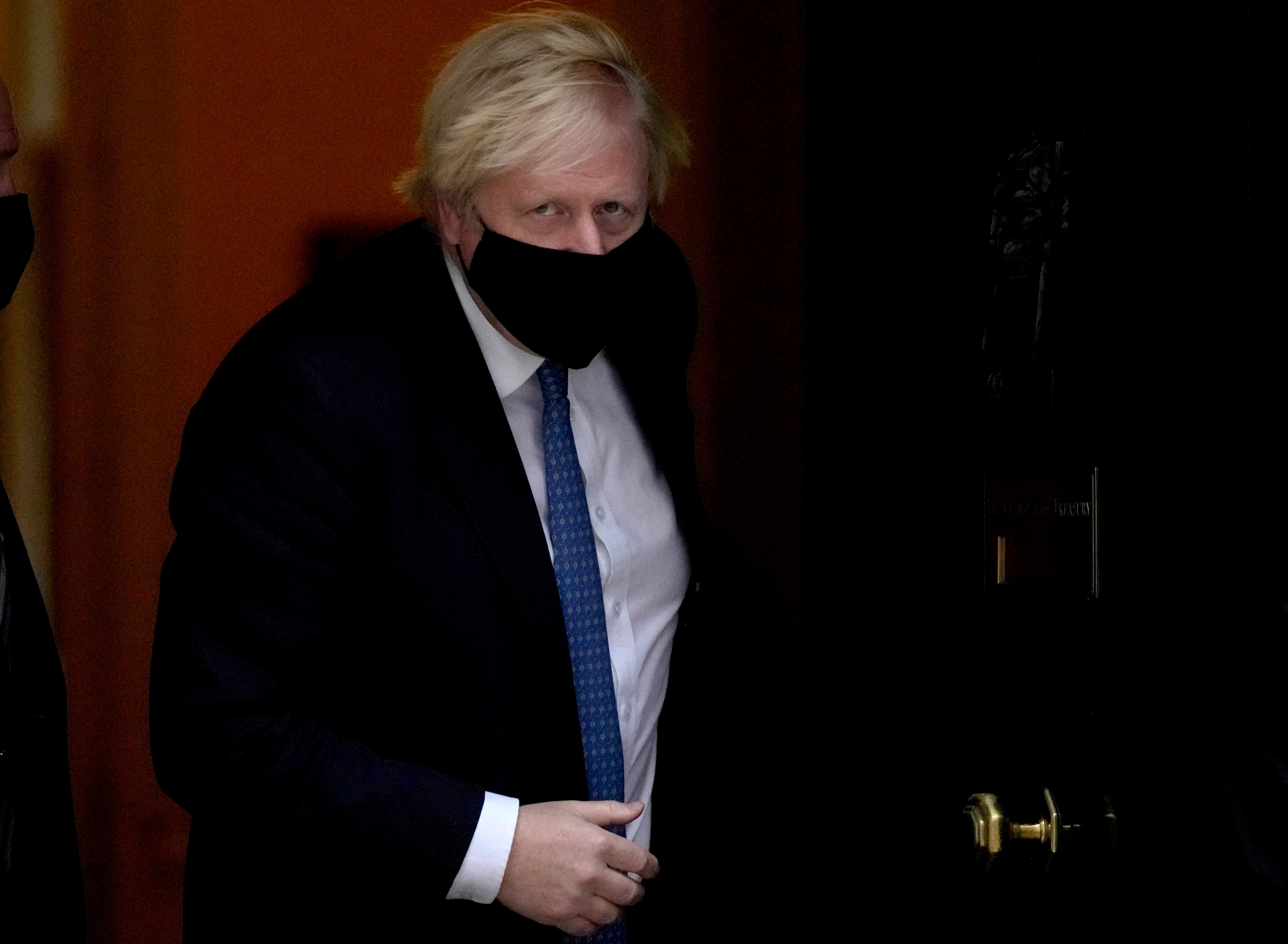Boris Johnson is not showing enough ambition to fix the social care crisis
Improving access to support must be part of a much more fundamental shift in the focus of support towards prevention and early intervention


Your support helps us to tell the story
From reproductive rights to climate change to Big Tech, The Independent is on the ground when the story is developing. Whether it's investigating the financials of Elon Musk's pro-Trump PAC or producing our latest documentary, 'The A Word', which shines a light on the American women fighting for reproductive rights, we know how important it is to parse out the facts from the messaging.
At such a critical moment in US history, we need reporters on the ground. Your donation allows us to keep sending journalists to speak to both sides of the story.
The Independent is trusted by Americans across the entire political spectrum. And unlike many other quality news outlets, we choose not to lock Americans out of our reporting and analysis with paywalls. We believe quality journalism should be available to everyone, paid for by those who can afford it.
Your support makes all the difference.Boris Johnson has repeatedly promised – including in the 2019 Conservative manifesto – that no one will have to sell their home to pay for their care.
But the very same Tory MPs who were elected on this promise voted through a policy so indefensibly unfair that Andrew Dilnot, the original architect of the cap on care costs, branded it a "catastrophe" for less well-off pensioners.
Under the prime minister’s plans, if you own a £1m home, more than 90 per cent of your assets are protected. If you own a home worth £100,000, you could lose almost everything.
Johnson isn’t fixing the crisis in social care either. His national insurance tax hike on working people won’t provide any additional resources for social care until at least 2023, with little, if any, guarantee of extra funding after that. It won’t provide a single extra minute of support for older and disabled people, improve the quality of care, tackle endemic care staff shortages and low pay, or help England’s 11 million unpaid family carers who have been pushed to breaking point looking after those they love.
At its best, social care is about ensuring older and disabled people can live the life they choose, in the place they call home, with the people they love, doing the things that matter to them most. In other words, an equal life.
The government has a chance to deliver this vision in their white paper on social care. The first test this must meet is improving access to care. There are currently 300,000 people on council waiting lists for care and far more who need help getting up, washed, dressed and fed. Getting older and disabled people the right support at the right time is better for them and for the taxpayer, as it stops people having to use more expensive hospital or residential care when they don’t need to.
Improving access to support must be part of a much more fundamental shift in the focus of support towards prevention and early intervention. The government should enshrine the principle of “home first”, bringing together care workers, district nurses, physiotherapists, occupational therapists and other staff into one team to help keep people living at home and so families don’t have to battle their way around the system.
Home adaptations and new monitoring technologies can make a huge difference in supporting independent living, as can early help from community groups with things such as shopping, cleaning and visits to tackle isolation.
The third test for the white paper is whether it delivers for disabled people – who make up a third of the users and half of the budget for social care but who have been almost entirely ignored in recent debates about social care reform.
The view and concerns of disabled people must be at the heart of the white paper, based on the principle of independent living and underpinned by choice and control, including through direct payments and personal budgets.
Most care in this country is actually provided by families but too many see their own health suffer and are forced to quit work in order to care for their loved ones. So the white paper must set out how the government will ensure councils can deliver unpaid carers rights as set out in the Care Act, provide families with proper information, advice and breaks and improve flexible working, so carers can better balance work and family life.
None of these improvements will be possible without radical improvements in the workforce. There are currently more than 100,000 vacancies in social care and half a million more care workers are needed by 2030 just to meet demographic demand. Labour is calling for a new deal to transform pay, training and terms and conditions to ensure there is proper career progression and frontline care workers are as equally valued as those in the NHS.
When the welfare state was created, average life expectancy was 63. Now it's 80 and one in four babies born today is set to live to 100. Social care was left out of the initial post-war settlement but is now essential to ensuring older and disabled people can live the life they choose. In the century of ageing, social care must be at the heart of a modernised welfare state – as much a part of our infrastructure as the roads and the railways.
That is the scale of ambition we need from this white paper. It is time the government delivered.
Liz Kendall is the shadow minister for social care and the Labour MP for Leicester West
Join our commenting forum
Join thought-provoking conversations, follow other Independent readers and see their replies
Comments